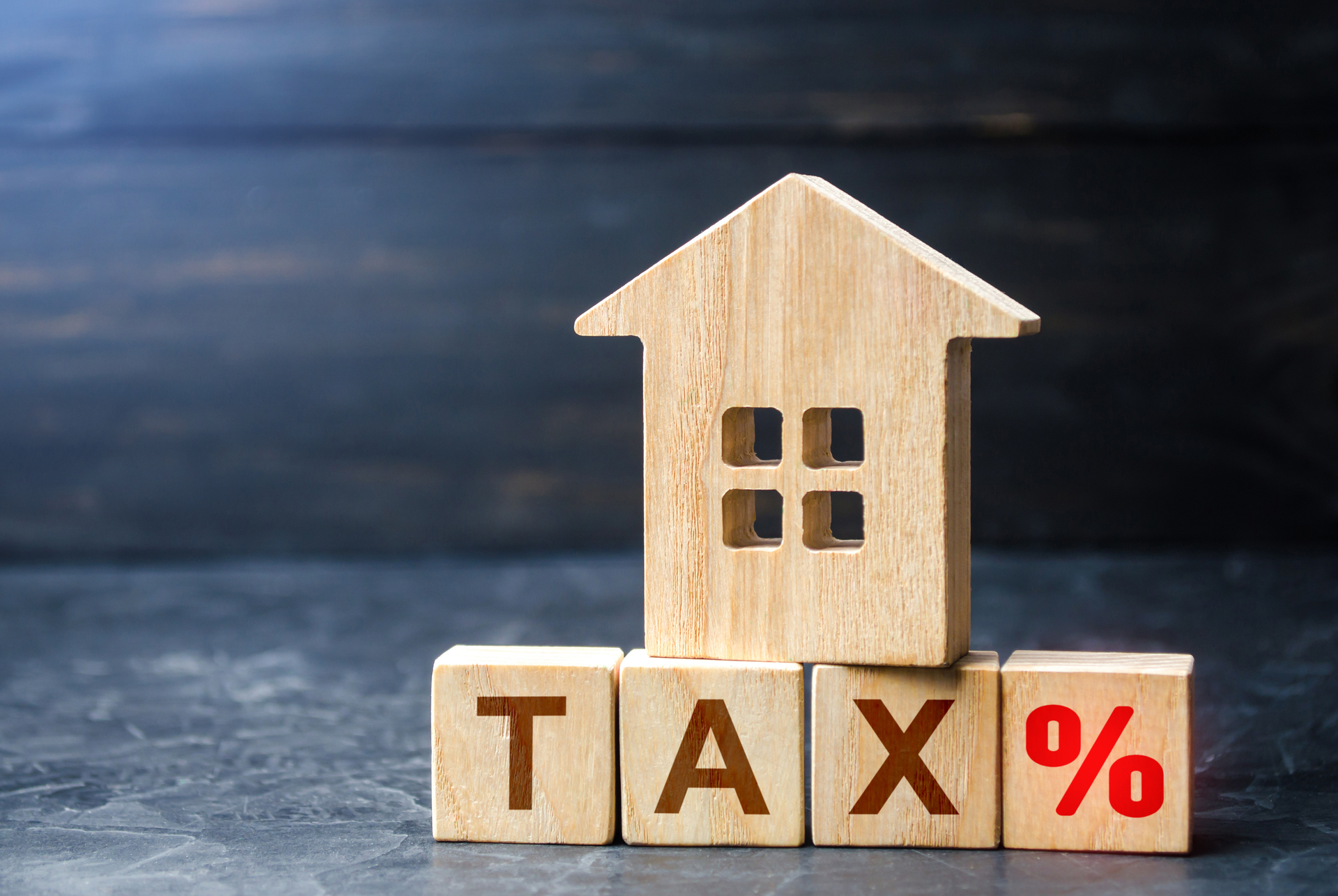Buying a home is more than a personal milestone—it’s a powerful financial move. For members of the LGBTQ+ community, homeownership also represents freedom, stability, and equity. But did you know it can also lead to major tax perks?
Understanding how taxes work with homeownership can help you save money, build wealth, and plan for your future. Whether you're buying solo or with a partner, here’s what to know—step by step.
Special thanks to GayRealEstate.com for helping LGBTQ+ buyers find inclusive, knowledgeable real estate agents who advocate for your rights and your finances.
Step 1: Know Your Tax Filing Status
Before you close, understand how your tax filing status affects your deductions. If you're married, you can file jointly and benefit from higher deduction caps. If you’re unmarried but co-owning, you may need to split deductions and should consult a tax pro familiar with LGBTQ+ issues.
Step 2: Mortgage Interest Deduction
One of the biggest perks of owning a home is the ability to deduct interest paid on your mortgage—up to $750,000 for most filers. This deduction can lower your taxable income significantly.
Step 3: Property Tax Deduction
You can deduct up to $10,000 in state and local property taxes each year. This benefit is especially valuable in high-tax areas or for buyers purchasing pricier homes.
Step 4: First-Time Homebuyer Programs
Many states and cities offer tax credits or incentives for first-time buyers. Some even have LGBTQ+ specific housing initiatives. Ask your real estate agent—like those from GayRealEstate.com—what's available in your area.
Step 5: Energy Efficiency Credits
If you make energy-saving improvements to your home—like installing solar panels or energy-efficient windows—you could qualify for federal energy tax credits. It’s green for the planet and your wallet.
Step 6: Understand Capital Gains Exclusions
When you sell your home down the road, you may be able to exclude up to $250,000 (or $500,000 if married) of profit from your taxes, as long as you’ve lived in the home for two of the past five years.
Step 7: Track Closing Costs
Some closing costs, like mortgage points or loan origination fees, may be tax-deductible. Save those receipts and include them when you file.
Step 8: Consider Legal Ownership Structures
If you’re an unmarried couple buying together, decide how you’ll legally hold the title—this affects how taxes and deductions are claimed. Joint tenancy vs. tenancy in common has different tax and inheritance implications.
Step 9: Consult an LGBTQ+-Friendly Tax Professional
Tax rules can get complex, especially for LGBTQ+ buyers navigating nontraditional family structures. A tax expert who understands the unique needs of the community is a key part of your team.
Step 10: Stay Informed
Tax laws change. So do LGBTQ+ legal protections and homeownership programs. Stay connected with resources like GayRealEstate.com for up-to-date info, tools, and LGBTQ+ inclusive real estate support.
Homeownership Is Powerful—Make It Work for You
Owning a home is a big step, and the tax benefits can be just as impactful as the emotional rewards. By understanding what’s available and getting the right support, LGBTQ+ buyers can make smart, secure, and affirming choices for the future.
Ready to buy? Visit GayRealEstate.com to find LGBTQ+ supportive agents who will walk you through every step—with pride.



